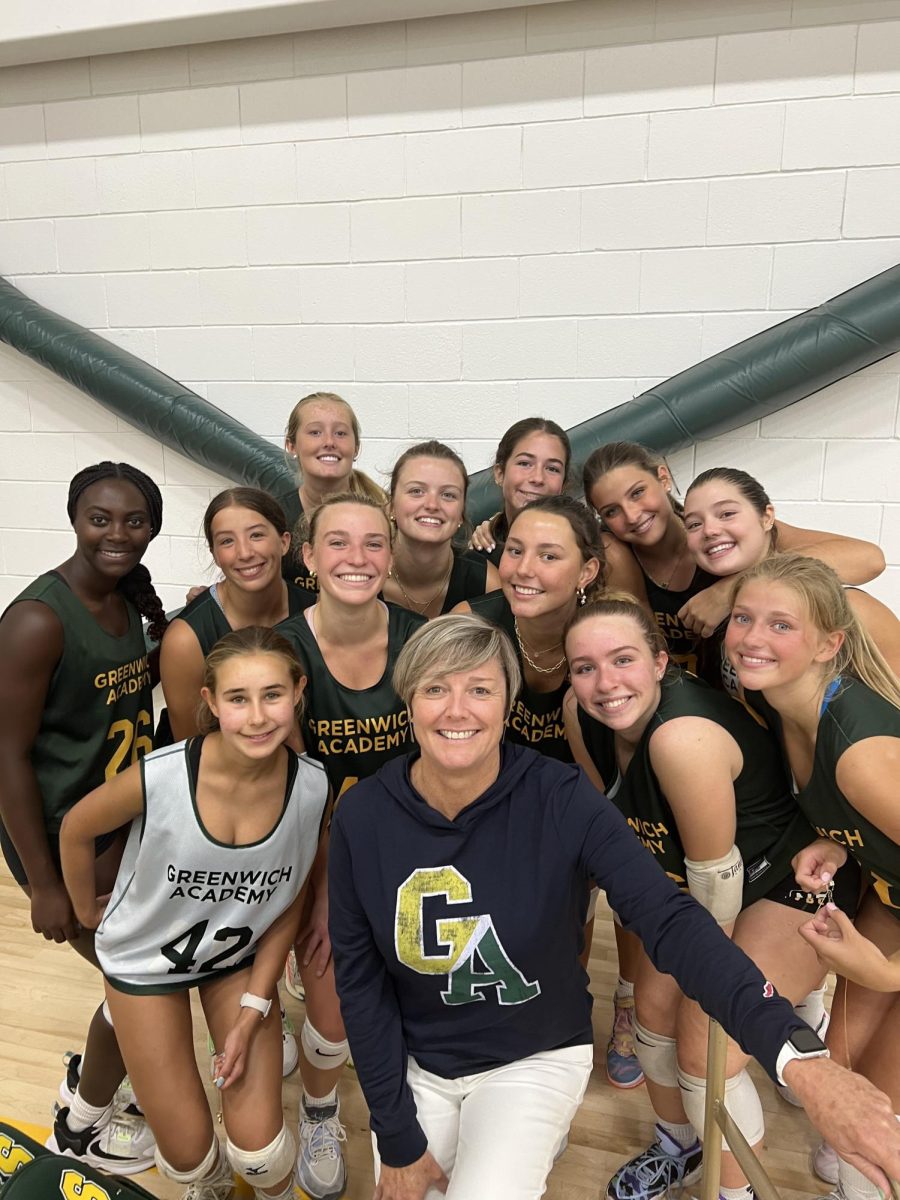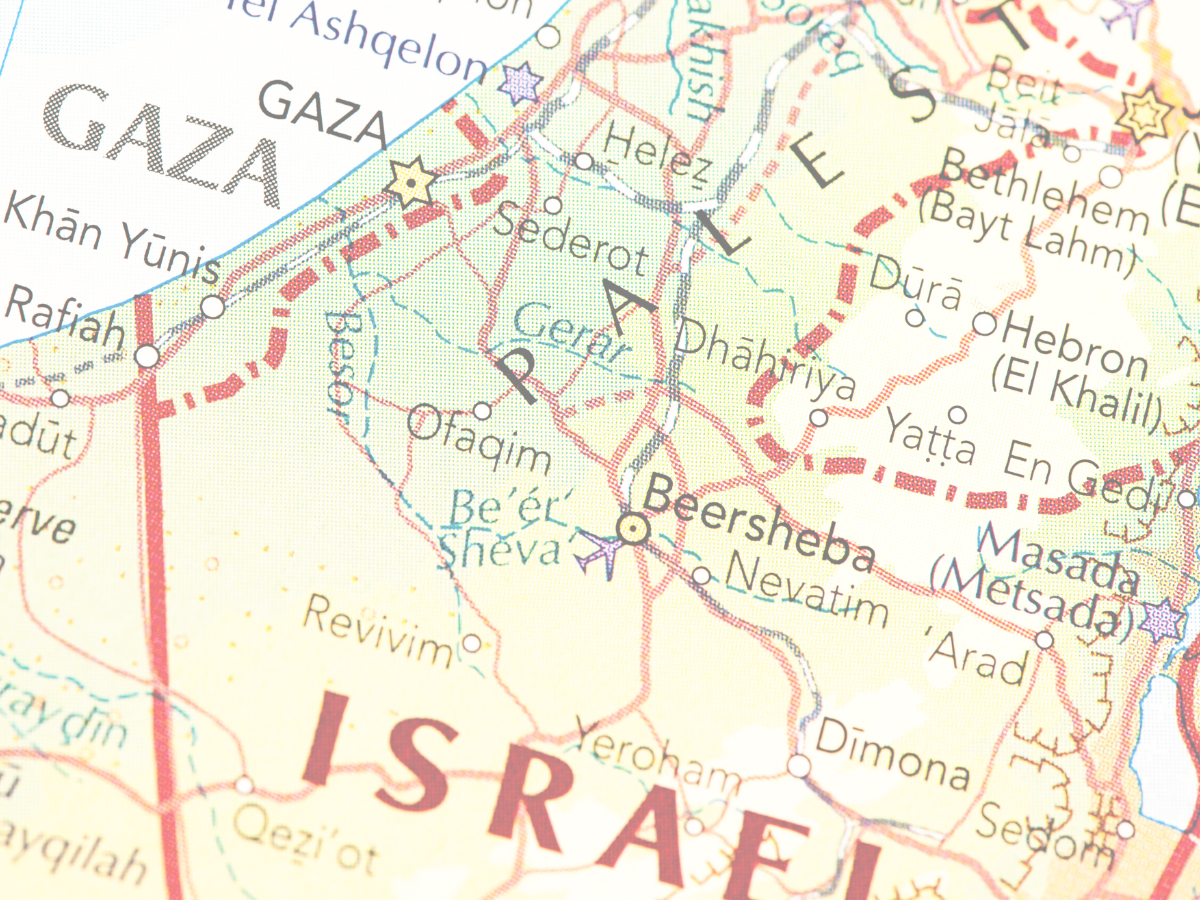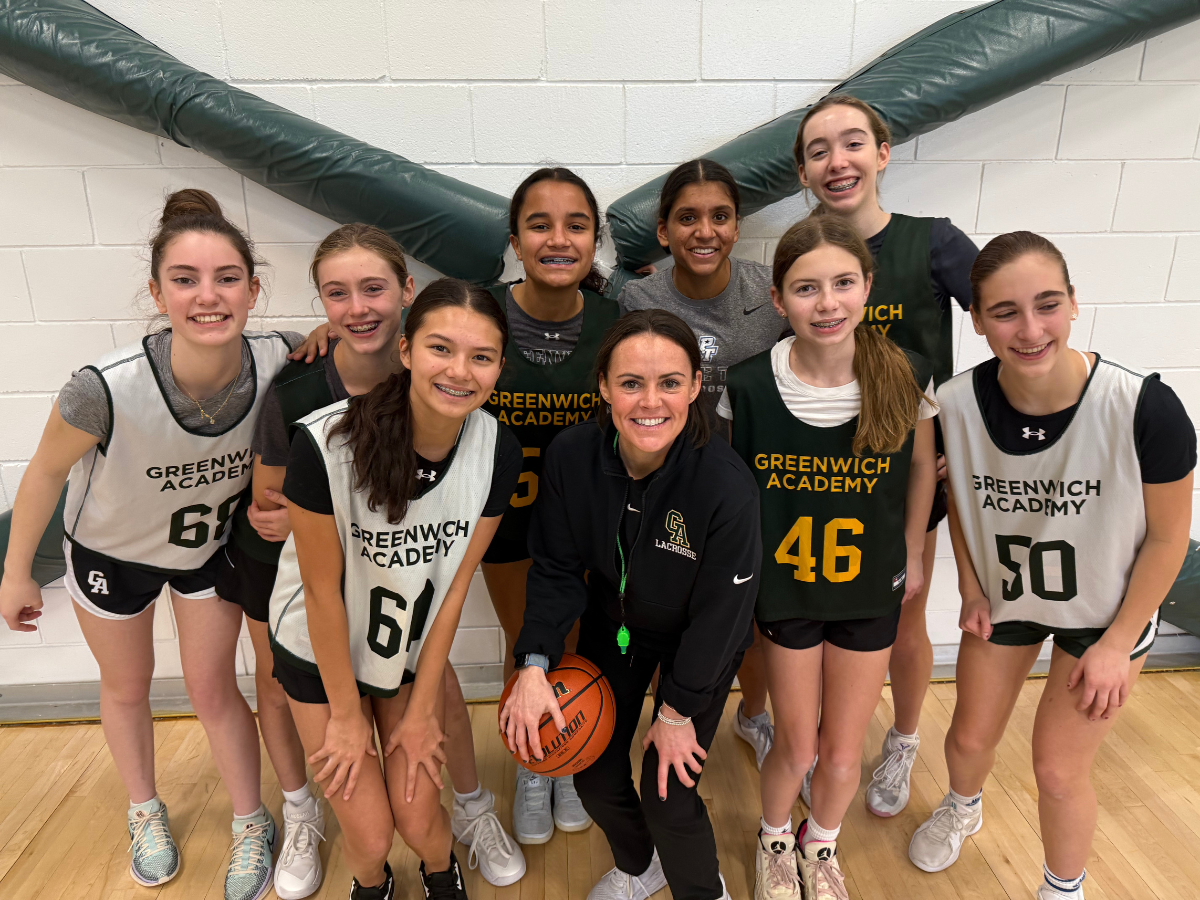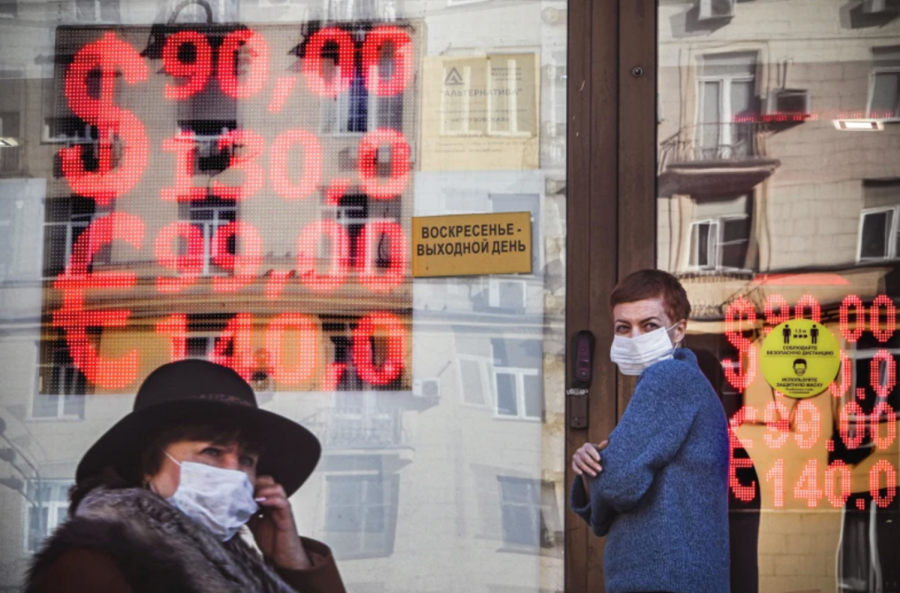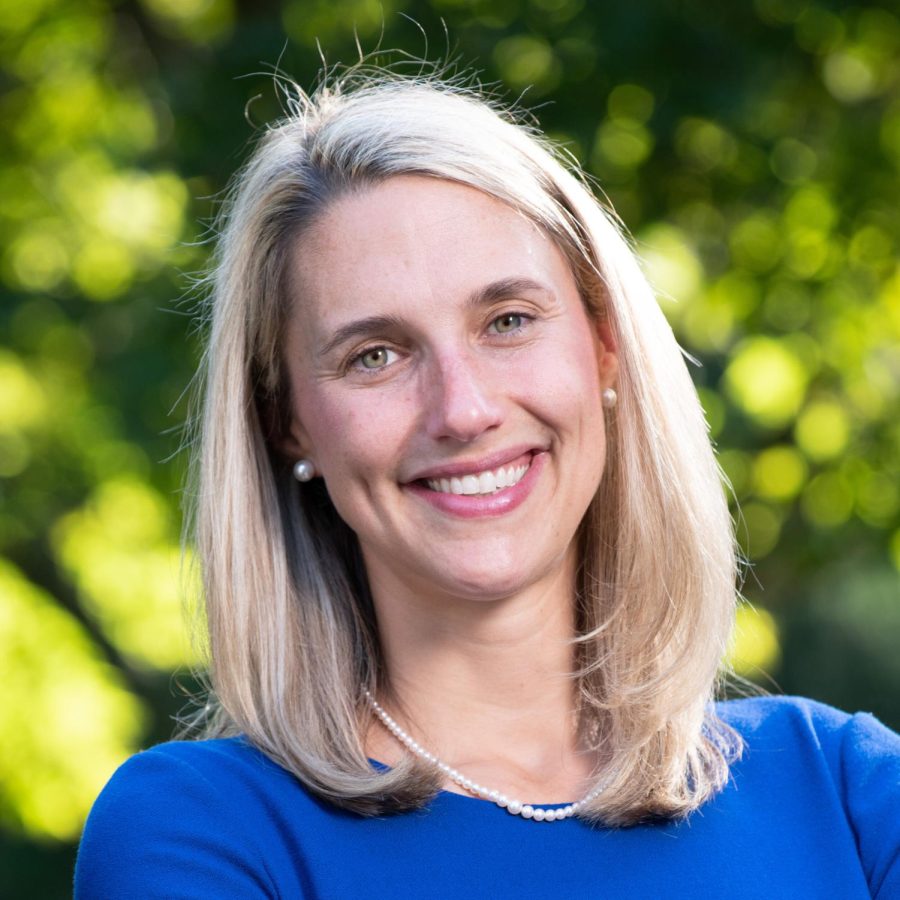 We have read the articles, watched the TV specials, and heard the worried conversations from hallways to households because it has been inevitable; the 2014 Ebola epidemic has headlined virtually every major news source in the U.S. for the past few months. But what exactly is Greenwich Academy and Brunswick School’s perspective on Ebola?
We have read the articles, watched the TV specials, and heard the worried conversations from hallways to households because it has been inevitable; the 2014 Ebola epidemic has headlined virtually every major news source in the U.S. for the past few months. But what exactly is Greenwich Academy and Brunswick School’s perspective on Ebola?
“Fear is very contagious, but Ebola is not… I really don’t have the slightest concern that somebody from GA or the faculty would catch Ebola. As far as this year goes, it’s more probable that somebody would have gotten the enterovirus D68 than Ebola,” said Mrs. Jane Cupkovic, Greenwich Academy’s Upper School Nurse.
“We should be worried more about other diseases. I’m more concerned about the flu and the enterovirus… Quite honestly, I think there was an overreaction in the media,” agreed Mr. John Booth, one of Brunswick School’s teachers for the class Deadly Diseases, a fall semester history course.
As it cannot be transmitted through air, water, or food, Ebola is relatively hard to spread; someone can only contract the disease from touching the bodily fluids of an infected person, a person who has died from Ebola, or an infected animal. As a matter of fact, the Center for Disease Control (CDC) has clearly stated that Ebola “poses no significant risk to the United States.”
Mr. Booth added that Ebola, unlike the flu, does not mutate and has no risk of becoming an airborne disease.
“When you compare it to diseases in history, the Spanish flu of 1918 killed 50 million people in the world, so I would argue that, relatively speaking, this has had a very small effect,” said Mr. Booth.
In terms of preventative measures Greenwich Academy and Brunswick School students could take, Mrs. Cupkovic noted that washing or sanitizing hands in any way significantly reduces a student’s chance of contracting any disease, including Ebola. Mr. Booth, who has even given each student in his Deadly Diseases in History course a container of Purell, agreed.
“It doesn’t matter what disease [it is]. The simple solution is, ‘are you washing your hands on a regular basis?’ or ‘are you using Purell?’ It’s tough; we’re in confined spaces here. Schools are just petri dishes in a lot of respects… [but our] schools have done a good job. Now, in the evenings, the cleaning teams go around and disinfect all the door handles,” said Mr. Booth.
Mr. Booth and Mrs. Cupkovic both stressed the importance of students staying home when sick as well.
“We have to think more as a community; we can get others sick,” Mr. Booth said.
Greenwich Academy’s response to a hypothetical Ebola outbreak mirrors the protocols of the Department of Health in Greenwich.
“We’ve been in contact with [them],” said Mrs. Cupkovic. “They have protocols we would follow.”
Mr. Chris Webster, Greenwich Academy’s Director of Safety and Security, added that Greenwich Academy does not have a set response plan in store with regard to security measures that would be taken during an Ebola outbreak at Greenwich Academy or Brunswick School.
“But we do have an emergency response team, and when we have a crisis or a major outbreak, we have all the heads and myself get together. There are 23 members, including the Head of Security of Brunswick. We all meet and come up with a game plan on how to handle certain situations. We meet periodically 3 to 4 times a year,” said Mr. Webster.

